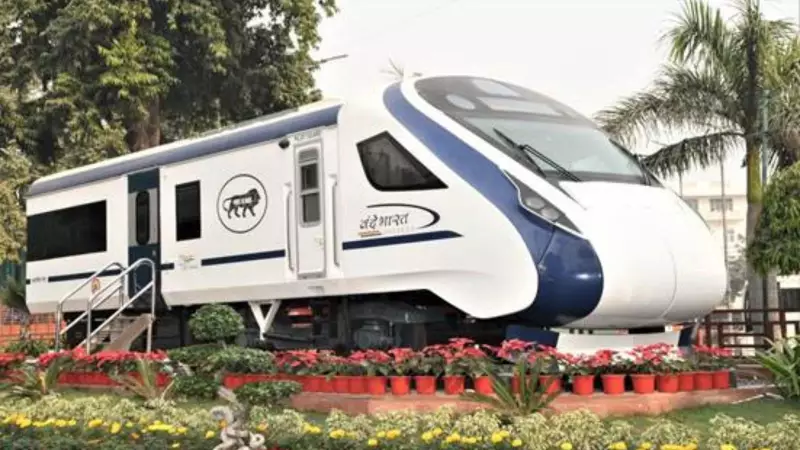
The Railway Board has sounded the alarm over significant deficiencies in Detailed Project Reports (DPRs) for major infrastructure projects, prompting immediate corrective measures and stricter scrutiny procedures.
In a strongly-worded directive, the board has highlighted multiple instances where project reports failed to meet basic standards, raising concerns about planning quality and potential cost overruns in critical railway infrastructure development.
Systemic Flaws Uncovered
The board's review revealed several alarming patterns in project documentation:
- Inadequate technical specifications and cost estimations
- Poorly defined project scope and implementation timelines
- Insufficient risk assessment and mitigation strategies
- Lack of comprehensive feasibility studies
New Vetting Protocol Implemented
To address these shortcomings, the Railway Board has mandated a comprehensive three-tier verification system:
- Initial Technical Scrutiny: All DPRs must undergo rigorous technical evaluation by domain experts
- Financial Review: Detailed cost-benefit analysis and budget validation
- Final Approval: Multi-departmental clearance before project sanction
Enhanced Accountability Measures
The new framework establishes clear accountability, with designated officers required to certify the accuracy and completeness of each project report. The board has emphasized that proper DPR preparation is crucial for timely project completion and optimal resource utilization.
"This crackdown comes as Indian Railways embarks on massive infrastructure modernization, making robust project planning essential for successful execution and taxpayer money protection," the directive emphasized.
The reforms aim to eliminate ad-hoc planning and ensure that every major project begins with a solid foundation, ultimately leading to better outcomes for India's railway network and its millions of daily passengers.





